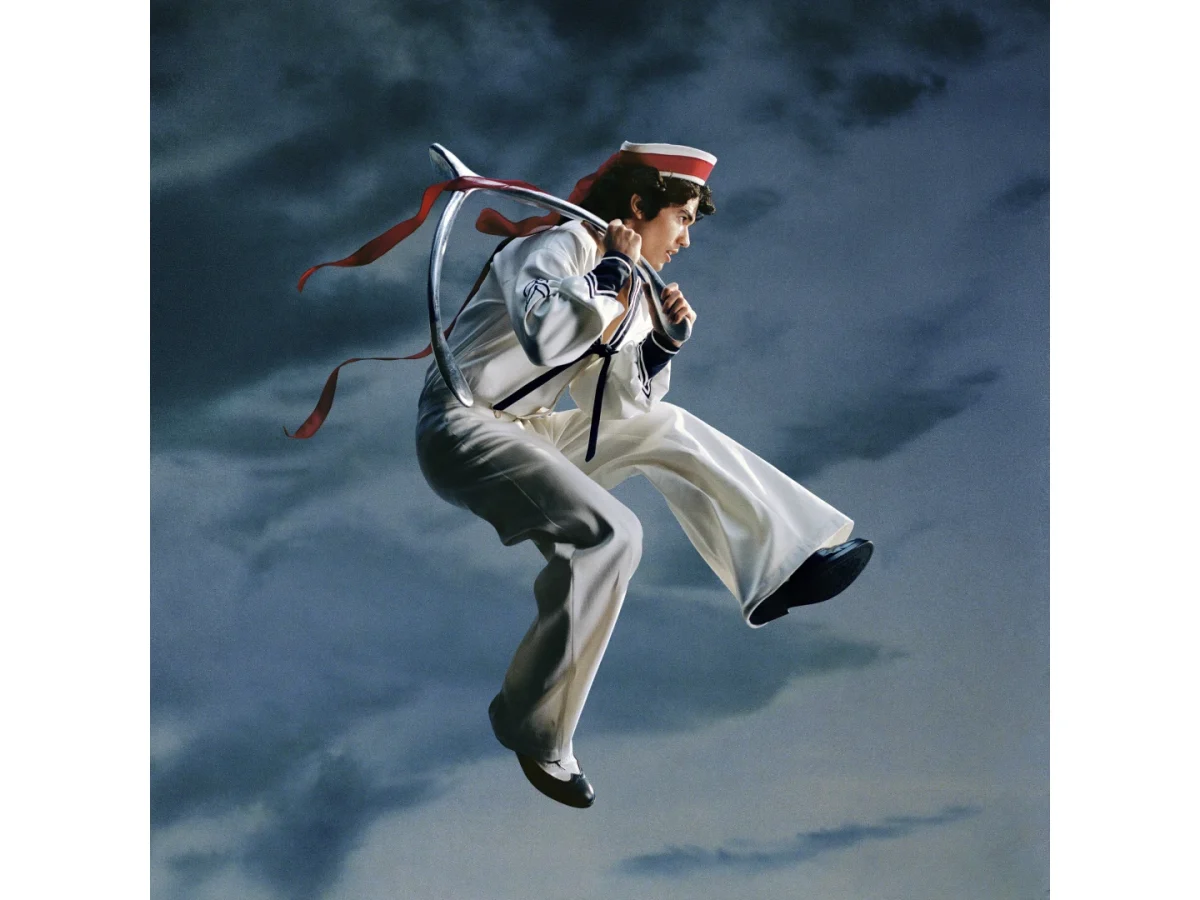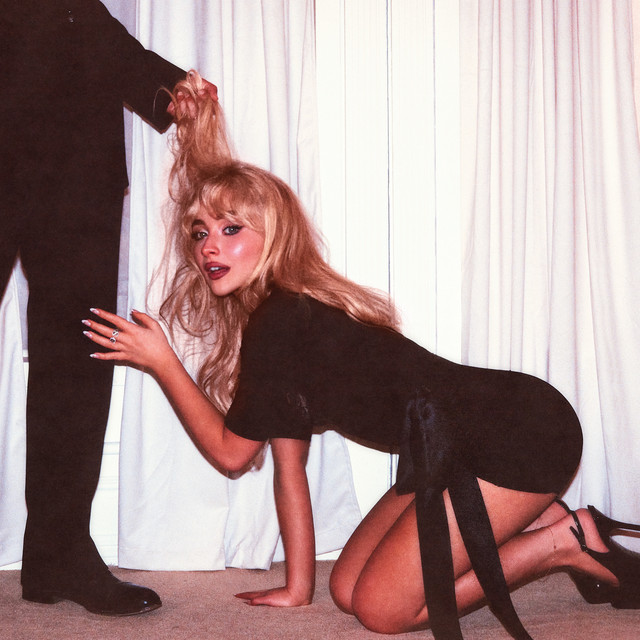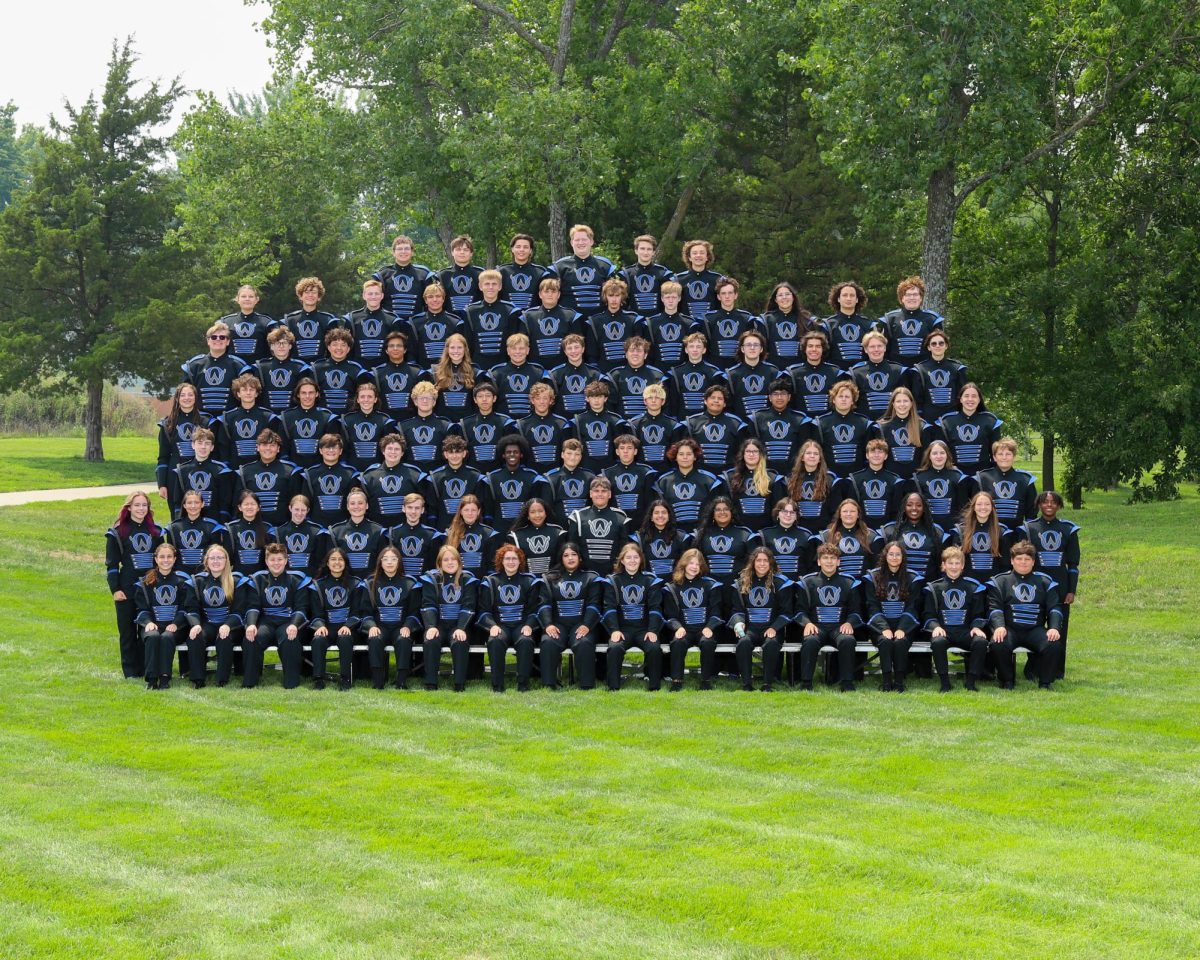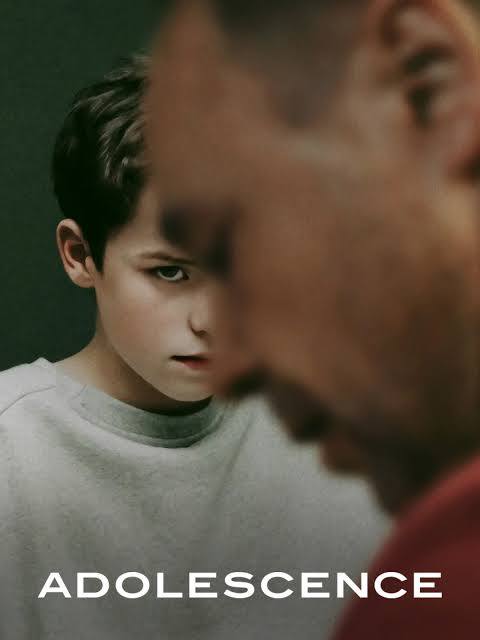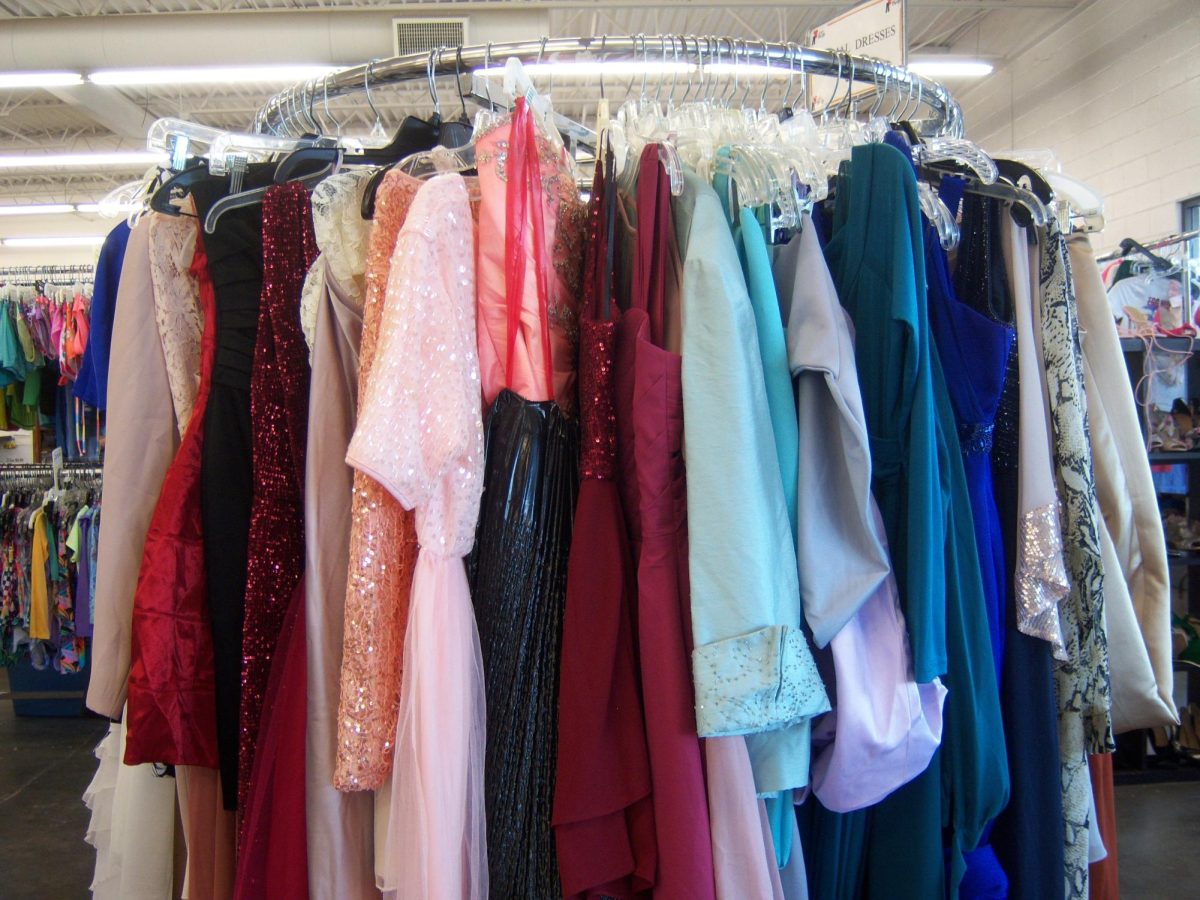On Aug.15 Conan Gray released his fourth studio album “Wishbone.” Releasing this album only a year after he released “Found Heaven” was unexpected. Gray wrote most of “Wishbone” in secret not knowing if it would ever become anything. Gray had announced the album on May 22, 2025 via social media to only release a single eight days later. He had also revealed the album cover and track lists, leaving fans counting down the days until its release.
Around this time, Gray also announced a tour and pre-orders for the new album. Gray’s tour started on Sept. 11 in Ohio traveling through the United States and eventually ending in Mexico a month later. The tour is named “The Wishbone Pajama Show” in which Gray encourages fans to wear pajamas to the show.
The pajama theme makes sense as the album has a dream-like feel. Seven out of the 12 songs have a slower tempo and a more relaxed tone. Most of the album is full of wishing things were different between Gray and his ex, hence the title of the album.
The first single Gray released was “This Song” in May 2025. The song starts out with a strong bass and softer drums. The lyrics imply that Gray isn’t over his ex. The song reminisces about the times Gray had with his ex, how he wishes they knew what Gray still felt and if there is another chance with them.
The only other single that was released was “Vodka Cranberry,” which follows “This Song.” The song is sung in a higher octave than the rest of the album, hitting some impressive high notes at the end of the chorus. The song is about the awkward stage of getting back together with your ex after a break. In the chorus, Gray conveys that he doesn’t want to be the one to officially break them up. Later on, Gray mentions how he feels like everyone one around them knows that they are over but him.
One of the things that stands out in the album is the multitude of references Gray uses. He mentions “11:11” quite a bit. It’s known as a superstitious time in which when a clock strikes “11:11” and is used for making wishes. The song titled “Eleven Eleven” is filled with these themes of luck and superstition, including the breaking of wishbones, lucky clovers, shooting stars, looking at constellations, reading horoscopes, angel numbers and of course the time “11:11”. Later on in the song Gray starts listing bad luck superstitions like black cats, broken glass and cracks on the pavement. Gray leans into the fairytale vibes throughout the album and amplifies them in this song.
In the song “Romeo,” Gray sings “You’re no Romeo,” implying that he wishes that his ex would have committed to the relationship more. Gray quotes “Where art thou?,” in the last bridge which adds some humor to the song. Paired with trumpets at the beginning, addicting drums make you want to clap along to the beat.
One of the biggest critics is the use of swearing in Gray’s lyrics. They felt off like he was just trying to add them in for an edgier effect but it just sounded like he was a young teen who just learned them. When you are listening to this dream-like album and all of a sudden you hear an out of place swear it takes away from the quality of the song. It makes the rest of the song feel tacky as usually it’s involved in the chorus. Gray can convey amazing emotions and feelings in his lyrics but when you force a swear to appeal to your audience it brings the quality of the lyrics and song down.
Overall the album was enjoyable. The songs flowed nicely and none of them felt out of place. “Vodka Cranberry” and “Romeo” stood out with their faster pace and more story-like lyrics. Some of the songs were slightly forgettable or too similar to others. This album has helped Gray find a bigger audience and get another big push into the music industry as he’s already performed at the VMAS. Gray’s career has skyrocketed and he has hoped to win a Grammy at the 68th Annual Grammy Awards.


